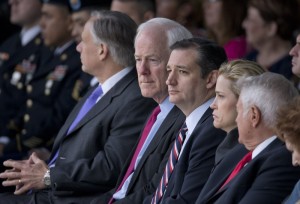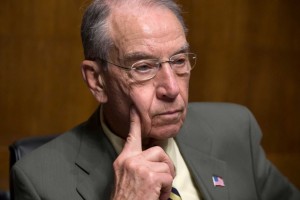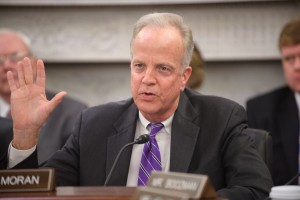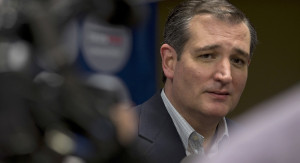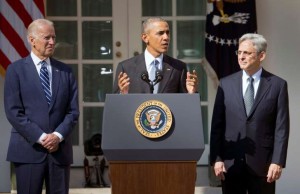Didn’t you just know that Ted Cruz was going to turn the former speaker of the House’s comments about him into a compliment?
Sure you did.
The junior U.S. senator from Texas is “Lucifer in the flesh,” according to former Speaker John Boehner, who also called Cruz the “most miserable son of a b****” he’s ever worked with.
http://www.politico.com/story/2016/05/cruz-boehner-trump-lucifer-222677
Cruz’s reaction. It just proves he’s a real “outsider.”
The Republican presidential candidate is proud of running as an outsider, even though he’s worked on the inside for all of three-plus years. He was elected to the Senate in 2012 in his first race for elective office ever.
He has taken pride in his ability to get under people’s skin. He’s called the Senate majority leader a liar; he’s questioned the commitment to the military of genuine war heroes; he sought to shut down the government in a failed attempt to overturn the Affordable Care Act.
What a guy.
Boehner quit the House because he had grown fed up with legislators like Cruz.
Hey, it’s a badge of honor, according to the Cruz Missile.
Let’s try to set this into some perspective.
The federal government is a complicated piece of machinery. It requires knowledge, skill, nuance, diplomacy, tact and, oh yes, the ability to compromise on occasion.
Cruz keeps harping along the GOP primary campaign trail that he isn’t going to compromise on anything. He sounds for all the world like one of those lawmakers who sees the folks on the other side of the aisle as enemies, not just adversaries.
Sure, the other side has its share of haters. Florida U.S. Rep. Alan Grayson, a Democrat, comes to mind immediately. He’s got about as much actual experience in the federal government as Cruz, but he manages to shoot off his mouth whenever the cameras are rolling.
He’s the clown who said he’d file suit against Cruz to challenge whether the Canadian-born senator is constitutionally qualified to run for president.
Memo to Grayson: He’s qualified.
Back to Cruz.
He’s a self-proclaimed hotshot with little legislative accomplishment to show for all his fiery rhetoric.
He can proclaim his outsider street cred all he wants. However, if he intends to work with the very people he condemns — namely his colleagues in the legislative branch of government — then he’s got to build some relationships that so far simply do not exist.


